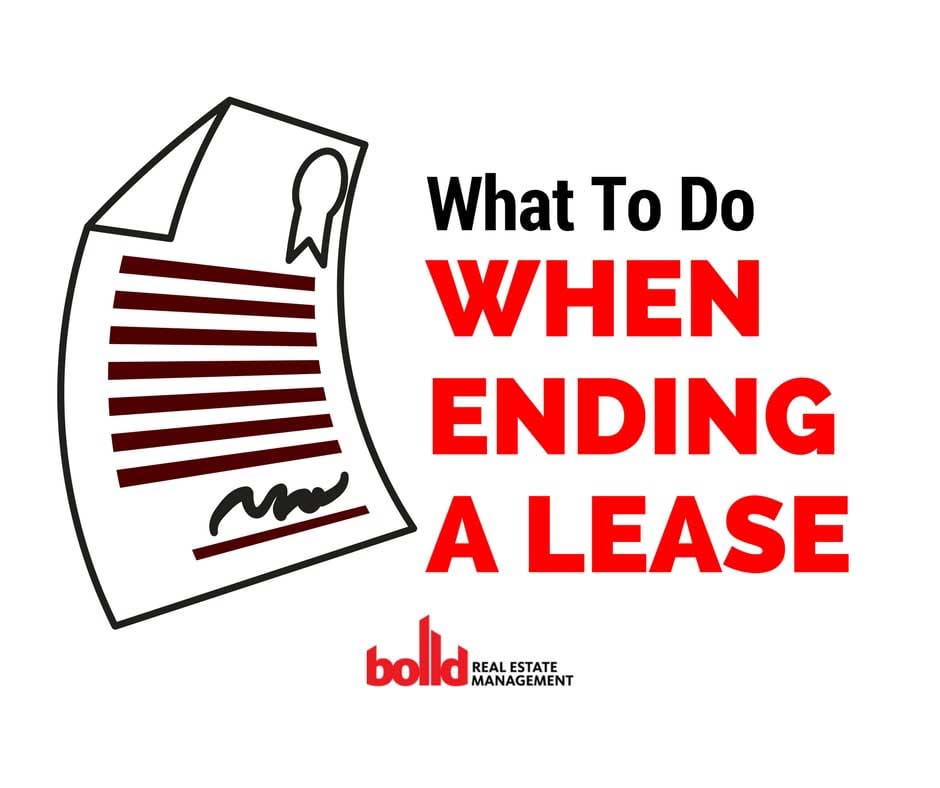Now, what happens when that contract ends? Many problems can occur before and long after the tenant leaves. If you are unsure of what needs to be done when ending a lease then read on!
A fixed term tenancy or more commonly known as a lease is a contract between the tenant and landlord that is legally binding usually for six to twelve months. Landlords can choose to provide their tenant the option of continuing their tenancy after their fixed term expires.
Before we talk about what needs to be done when ending a lease, let’s take a look at the facts regarding the tenancies.
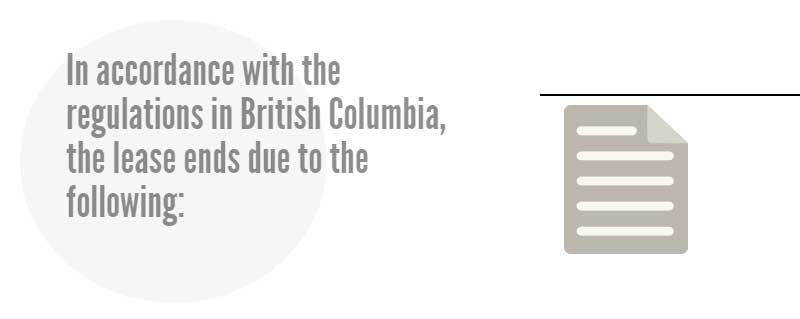
Tenancy is for a fixed period and the tenant is required to vacate at the end of the stated period
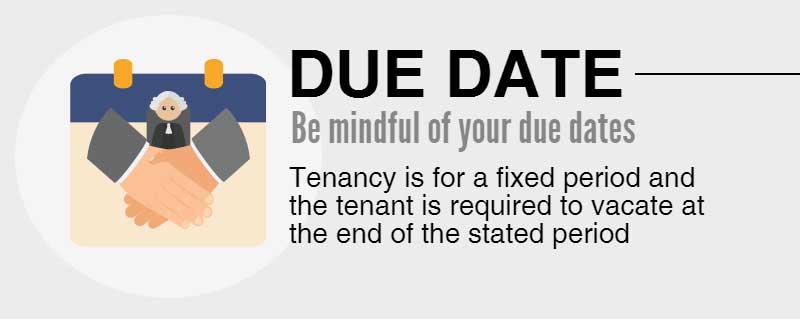
The tenant or the landlord provides a legally acceptable notice to end the lease
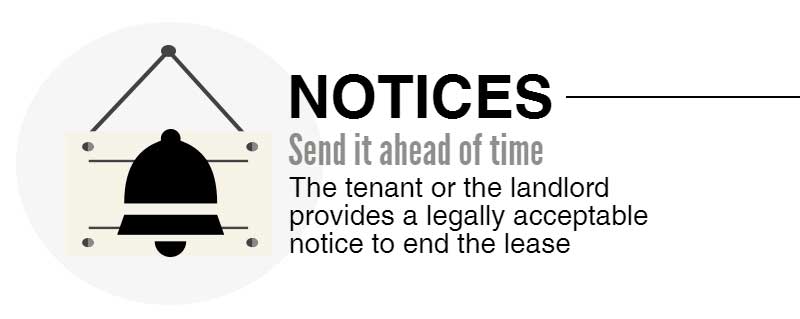
The tenant and the landlord has mutually agreed to end the lease
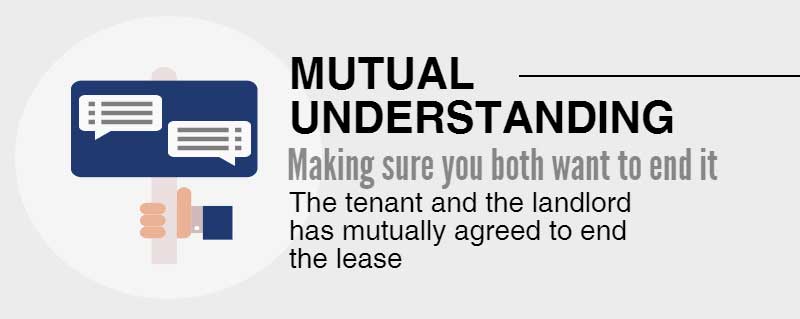
The contract is aversely affected by uncontrollable circumstances
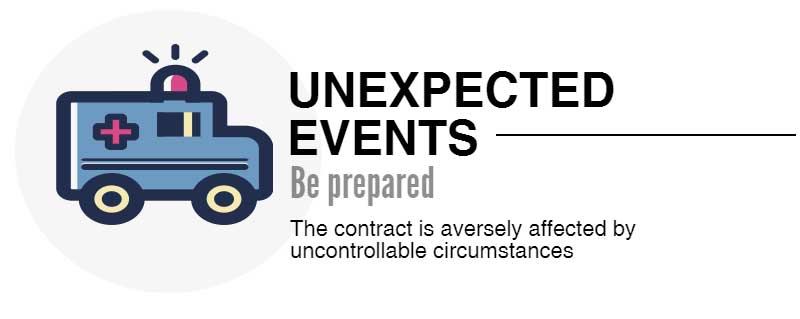
The tenant abandons the rental unit

The landlord has acquired an order of possession from the Residential Tenancy Branch (RTB)
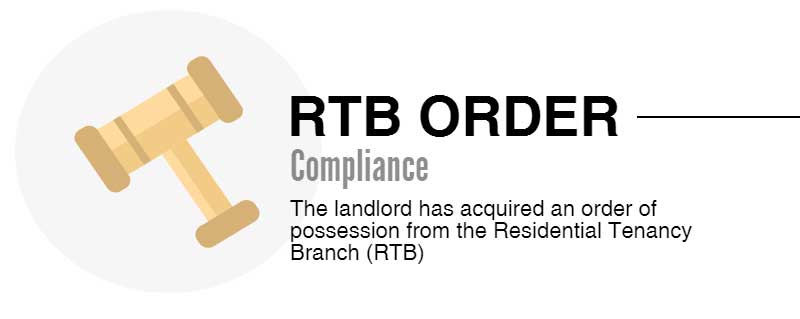
If the contract between the landlord and tenant is based on a fixed term tenancy and the tenant decides on ending the lease before the period agreed upon, they are required to serve a proper notice and are responsible for the payment of the rent until a new tenant is found. The landlord, on the other hand, is obligated to minimize the potential loss of the tenant by re-renting the property as soon as possible. The landlord has the right to charge the tenant what is called the liquidated damages for terminating the tenancy prematurely. The purpose of this charge is to cover the landlord’s expenses incurred while re-renting the place, such as advertising or tenant placement fee. If there is no fixed term tenancy but instead a month to month or periodic tenancy agreement, the tenant is free to vacate when he or she would feel the need to as long as the tenant serves a proper one month’s notice to vacate. Regardless precautions should always be taken by the landlord.
[inf_infusionsoft_inline optin_id=optin_2]
Let’s say that the tenant has made the decision to move on, you as a landlord should make sure that the separation is in good terms and not just ending a lease in a snap. This is a way to avoid any possible backlashes that can affect your chances of acquiring a new tenant in a timely manner.
Here are some practices that property management companies such as Bolld Real Estate Management adhere to:
- Despite any personal rift that might occur between you and the tenant, you as a landlord should always maintain professionalism and communicate with the tenant
- If the tenant is about to break the agreed upon term such as leaving before the timeframe stated in the fixed term tenancy, make sure you take all necessary steps to re-rent the property as soon as possible
- Respect the tenant’s privacy and work out the showing schedule with the tenant
- Before returning the tenants’ deposit, make a thorough inspection for damages and if the unit’s condition is satisfactory then the deposit should be returned as soon as possible, but no longer than 15 days after the move out inspections was conducted
- Make sure you ask for the forwarding address of the tenant. The tenant is obligated to provide you with the forwarding address in order to receive the security deposit. You want to have the address. There might be hidden damages or unpaid bylaws or utilities that might come up after the tenant moves out.
A property management company would normally have a process laid out for these matters since the parting of a tenant is not as easy as it sounds even if you as a landlord are aiming to adhere to the practices mentioned above.
If you are a new landlord it is a good idea to seek the help of a professional property manager or of an experienced landlord.
[inf_infusionsoft_inline optin_id=optin_11]

